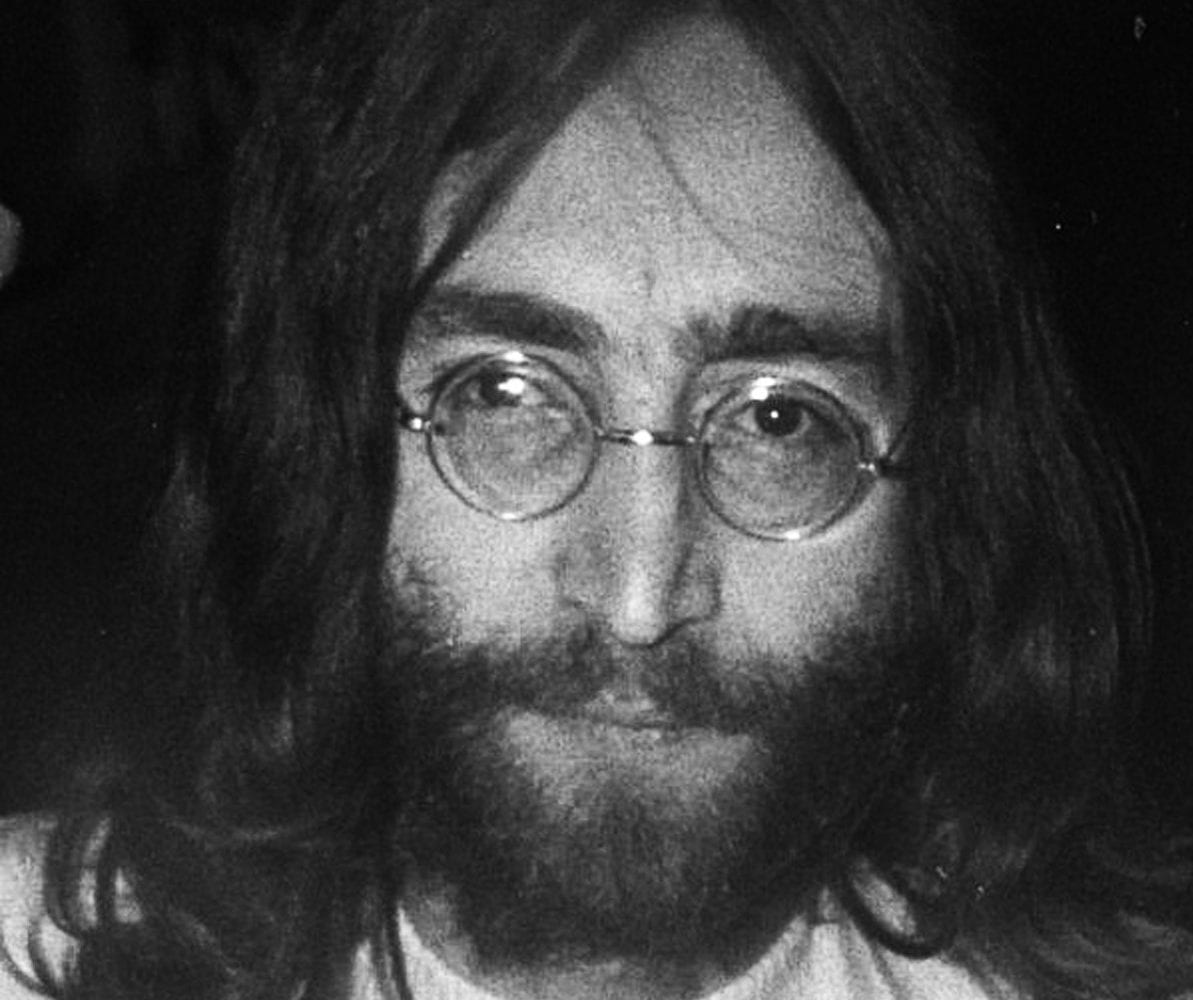by Jude Southerland Kessler
Author of The John Lennon Series: https://www.johnlennonseries.com
I’ve been pounding the pavement in sweltering Louisiana temperatures! And despite the fact that “I’m meelllllting, melting!” while I run, that popular “oldie” by Kelly Clarkson keeps right on wailing in my earphones, “What doesn’t kill you makes you stronger!” So, I sweat and push on for another couple miles, while mulling that concept over.
Each day for the last week or so, that’s been the scenario. My Amazon Music playlist, it seems, just loves that song! Or perhaps I’ve noticed the lyrics more since the summer run actually DOES seem to be killing me! The mantra of “what doesn’t kill you makes you stronger” has really been on my mind.
And what I’ve decided is: it’s just not true.
Tragedy doesn’t always make you stronger. Sometimes, tragedy leaves a gash, a scar that never heals. That’s the truth.
John Lennon was a prime example of that. As I write this blog on 18 July, I remember that John’s mother was killed by a drunk driver 62 years ago this very day. So, Julia has been on my mind all afternoon. She was on John’s mind all day, every day. He just couldn’t adjust to her loss … ever. It haunted him for the rest of his life.
In a letter to his best friend, Stuart Sutcliffe, John wrote, “I have a sadness that goes too deep for tears, a sadness that leaves me a spectator of my own stupidity.” The pain that John endured 62 years ago on this evening and on all of the evenings that followed (nights thick with loneliness and abandonment) didn’t make John stronger. The pain gutted him — and left John sardonic, cynical, and guarded. The blithe prediction that “pain will increase stamina” was never true for John. The pain buckled him and kept him gasping for air, forever.
BUT … that place of desperation isn’t without benefits to the waiting/watching world. The greatest writers, artists, poets, and musicians have all discovered this, and in their “crippled inside” attempt to survive, they gave the world works of great beauty.
In pain, Sylvia Plath wrote The Bell Jar and her poem, “Tulips.” In tragedy, Keats, Byron, and Shelley wrote the definitive poems of the Romantic Movement. In tortured sadness, Edgar Allen Poe penned his short stories and his lovely “Annabel Lee.” And in anguish, Jackson Pollack produced his greatest works of art.
John Lennon wrote the soundtrack of our lives from an emotional fetal position. Never once after losing his mother, Julia, was John lighthearted again. And the result was “Hide Your Love Away,” “Help,” “If I Fell,” “I’ll Cry Instead,” “I’m a Loser,” “Nowhere Man,” “Working Class Hero,” and so, so many more breathtaking compositions. Indeed, John’s songs that still touch our hearts and still remind me:
If some tragedy has knocked the wind out of you, and you don’t feel as if you’ll ever be that giddy girl or glib guy again, it’s okay. Really. It’s okay. You don’t have to “return to normal” or “use the pain to grow.”
You can just be you. You can “just be.” Your pain isn’t wrong. And it isn’t weak. It just is.
Emotional pain can become a springboard for something lovelier than a life lived without it. It can become a moonflower – an eloquently beautiful plant that grows and opens its alabaster blooms only in the dark of night.
We don’t all “grow stronger, last longer” from the “slings and arrows of outrageous fortune” (to quote two very different bards). And we don’t become less because of tragedy either. We become us…singing, painting, cooking, sculpting, dancing, writing, reaching out in the night…and expressing our hurt in a way the world will never forget.
“What doesn’t kill you makes YOU.” That much I know.

























